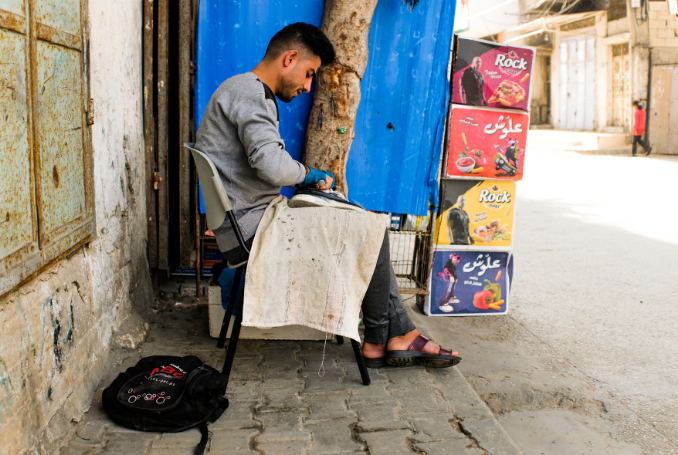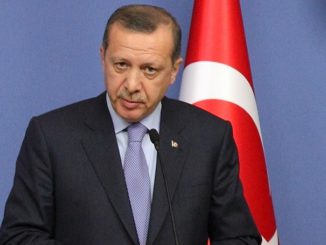
Gaza is still suffering “from a particularly difficult economic situation with very high unemployment and deteriorating social conditions”, the World Bank warned in a report this week.
The report highlights the critical challenges facing the Palestinian economy in general and more specifically Gaza’s economic performance and development needs and will be presented to the Ad Hoc Liaison Committee (AHLC) in Oslo on November 17.
Though the occupied West Bank is seeing a “rebound” following the coronavirus pandemic and subsequent closures, “the economy still suffers from restrictions on movement, access, and trade– the biggest impediment to investment and access to markets,” Kanthan Shankar, World Bank country director for West Bank and Gaza, said.
Gaza is still suffering “from a particularly difficult economic situation with very high unemployment and deteriorating social conditions”, the World Bank warned in a report this week.https://t.co/FjuZq3PiMc
— PALESTINE ONLINE ?? (@OnlinePalEng) November 13, 2021
“The improved economic performance was fully driven by the West Bank while Gaza’s economy remained almost stagnant impacted by the 11-day conflict in May,” the World Bank noted.
The report added that the Palestinian Authority’s (PA) fiscal situation “remains very challenging”, with Israel’s deduction of monthly tax revenue adding to “the fiscal stress”. This, it warned, meant the “PA may encounter difficulties in meeting its recurrent commitments toward the end of the year.”
The #Palestinian Authority’s (PA) fiscal situation remains very challenging with expected deficit of US$1.36 billion in 2021. The PA may be forced to accumulate further arrears to the private sector, pulling away more liquidity from the market. Report: https://t.co/SObU807Uak pic.twitter.com/NcTEj2X7HK
— World Bank MENA (@WorldBankMENA) November 9, 2021
Gaza’s contribution to the overall Palestinian economy, it explained, “was cut by half over the past three decades, narrowing to just 18 percent currently” as a result of the 15-year Israeli siege on the enclave. Gaza has also “undergone deindustrialization” and its economy has become highly dependent on external transfers.
“Priority actions require increasing electricity supply and upgrading infrastructure and networks to enable economic growth and improve public services.”
The report, details of which were released on Tuesday, adds to warnings released yesterday by the UN which claim the financial situation in the Palestinian territories is “dire”. The full UN report is also set to be unveiled in Oslo next week.
(MEMO, PC, Social Media)







